GTG Links no.18 – March 17
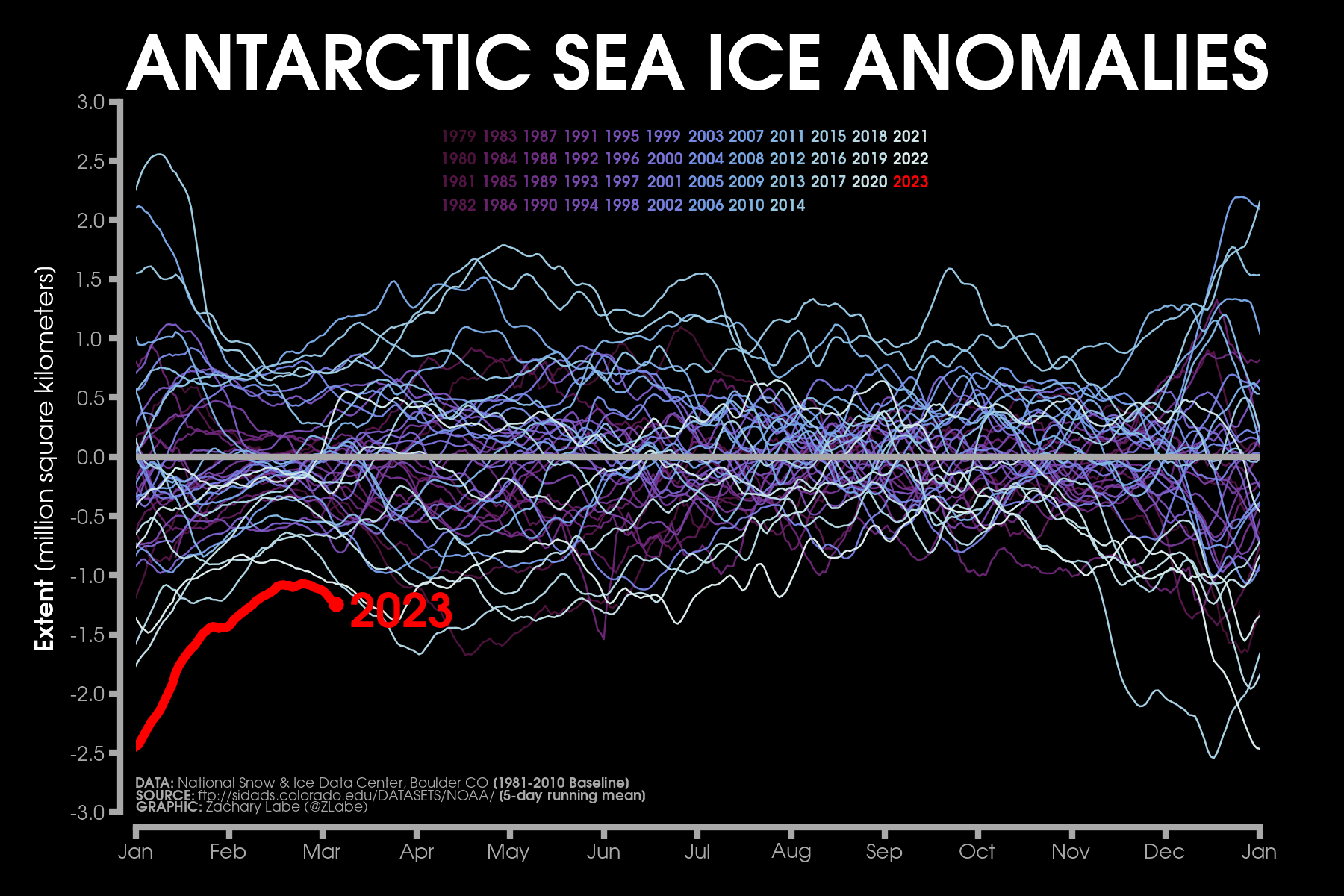
The final week before the sound and fury of GDC kicks off. I wish I could say it was calm before the storm but this week (well fortnight) has seen a huge amount of news.
Why we do what we do
The image at the top of this post comes from Zack Labe who does great work visualising the real-time effects of climate change on sea ice, providing a stark reminder of what's at stake. The Guardian did a story on this latest low as well.
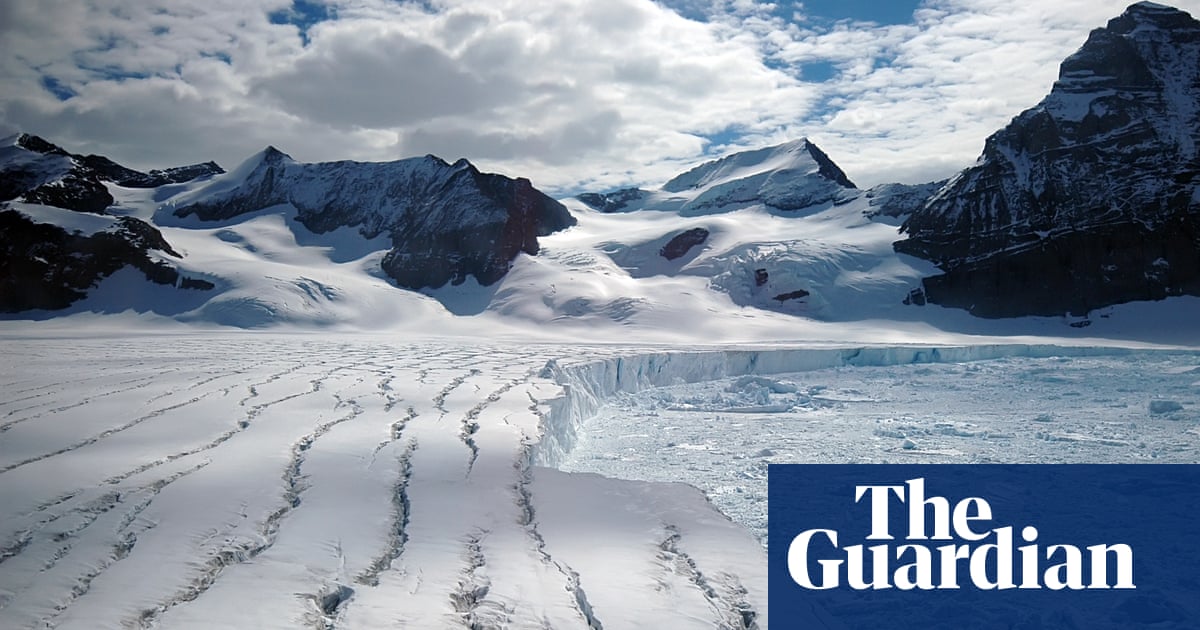
Big big big big news
This week Project Drawdown released its Drawdown-Aligned Framework for the gaming industry. It's a great set of high level principles for where games companies can (and should) focus their efforts. It's got examples from some of the biggest and most sustainably-minded game companies in the world. And I got to be a (very small) part of it. I hope it sets the standard against which all future plans and action is measured.

Playing 4 the Planet 2022 report is out
Kicking off this year’s reporting on 2022 activities, the P4PA documents all that they and their member organisations got up to last year. Nice to see the addition of some added accountability, as commitments made are measured against their delivery. Nice to see so much happening.

Expect this steady drip drip drip of disclosures and ESG documents to continue over the coming months. We'll try and keep you informed as they start to arrive.
Anyone interested in ESG internships?
CDProjekt Red is looking for an ESG intern for this coming European summer – get in touch with Katarzyna over on LinkedIn or see the post for more.

Is this the first sustainability award for the gaming sector??
I'm wracking my brain to think of a comparable one. Develop Brighton has added a “sustainability star” award – only eligible if you are a UK or European game developer.
Introducing a brand new Develop:Star Awards Category for 2023: Sustainability Star! More details below. Enter now: https://t.co/x9bkRTXufA #DevelopStars pic.twitter.com/BikHLIXs2m
— Develop:Brighton (@developconf) March 10, 2023
Game Developers Rebellion
Joost Vervoort (Utrecht University) is looking for game developers who are interested in a “game developers rebellion” – taking its cue from Scientist Rebellion, looking to get game developers interested in on-the-ground climate action. Great idea!
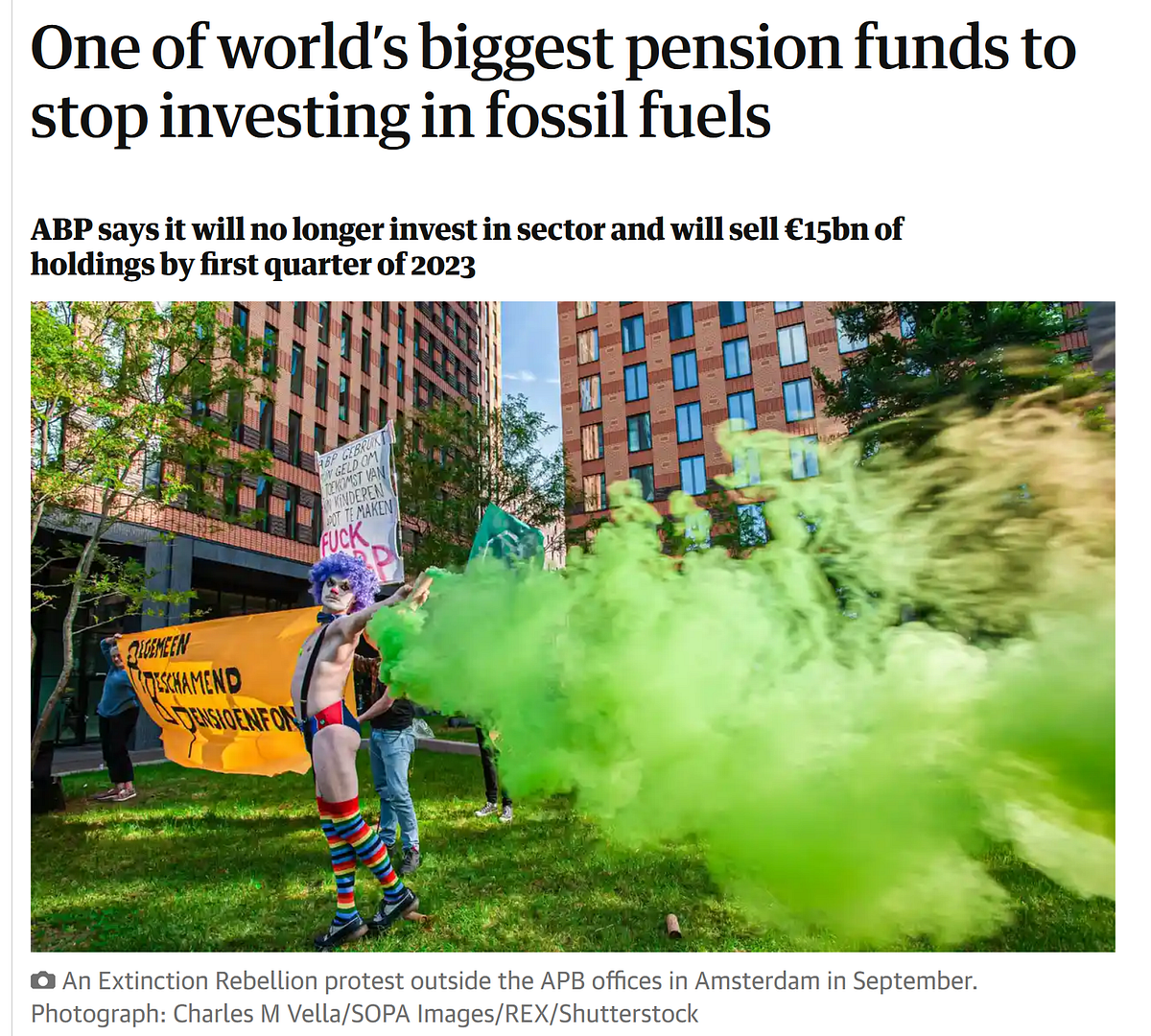
Beecarbonize
You ever wanted to model the climate breakdown and solutions on your phone? Well, now you can (sort of) with Beecarbonize. https://charlesgames.net/beecarbonize/
Big report on emissions from the tech industry
Gonna have to come back to dig into this one – these are some really big numbers.
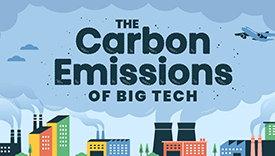
Challenging new study on ICT climate impacts
It's called 'Towards a world wide web of carbon' and it sounds genuinely quite thrilling, presenting an important theoretical and methodological challenge to some of the more, shall we say, engineering informed studies:
Some studies argue that information and communications technology's global carbon footprint is set to rise dramatically in the coming years, requiring urgent regulation and sectoral degrowth. Others argue that information and communications technology's growth is largely decoupled from its carbon emissions, and so provides valuable climate solutions and a model for other industries. This article assesses these debates, arguing that, due to data frictions and incommensurate study designs, the question is likely to remain irresolvable at the global scale. We present six methodological factors that drive this impasse: fraught access to industry data, bottom-up vs. top-down assessments, system boundaries, geographic averaging, functional units, and energy efficiencies. In response, we propose an alternative approach that reframes the question in spatial and situated terms: A relational footprinting that demarcates particular relationships between elements—geographic, technical, and social—within broader information and communications technology infrastructures. Illustrating this model with one of the global Internet's most overlooked components—subsea telecommunication cables—we propose that information and communications technology futures would be best charted not only in terms of quantified total energy use, but in specifying the geographical and technical parts of the network that are the least carbon-intensive, and which can therefore provide opportunities for both carbon reductions and a renewed infrastructural politics.
Beautiful stuff!
https://journals.sagepub.com/doi/10.1177/20539517231158994
Why “my country only emits 1% of emissions” is no excuse for rich countries to not tackle climate change
Honestly, you could almost do a word-for-word swap of "country" with "company" and the same principles apply to game industry decarbonisation. Small emissions are still emissions! They've all gotta go to zero.
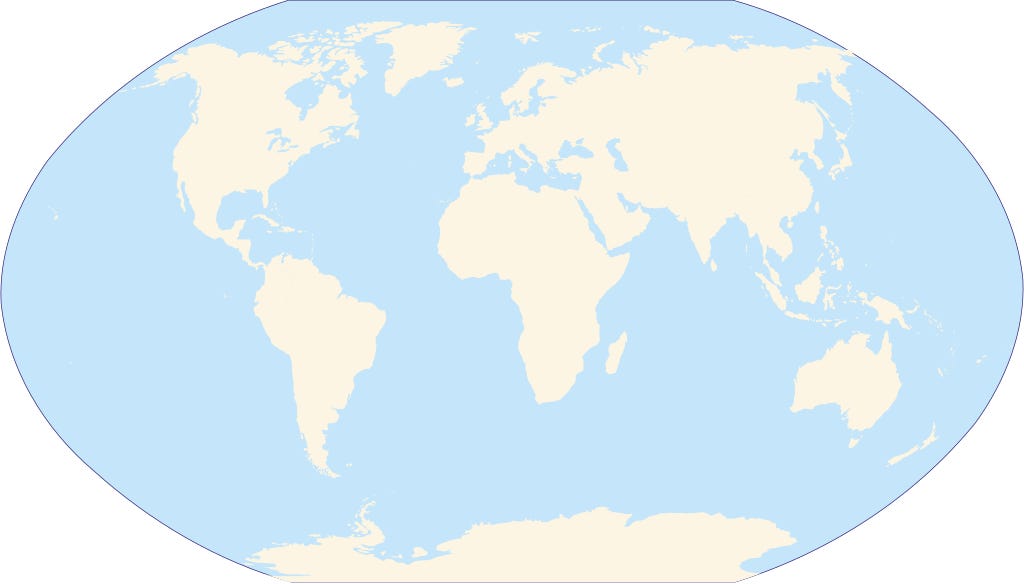
Linux Foundation report: "Why the future of Web3 needs open source, sustainable blockchains"
The Web3 discourse has shifted so far and so fast in less than 12 months. It's kind of given me whiplash.
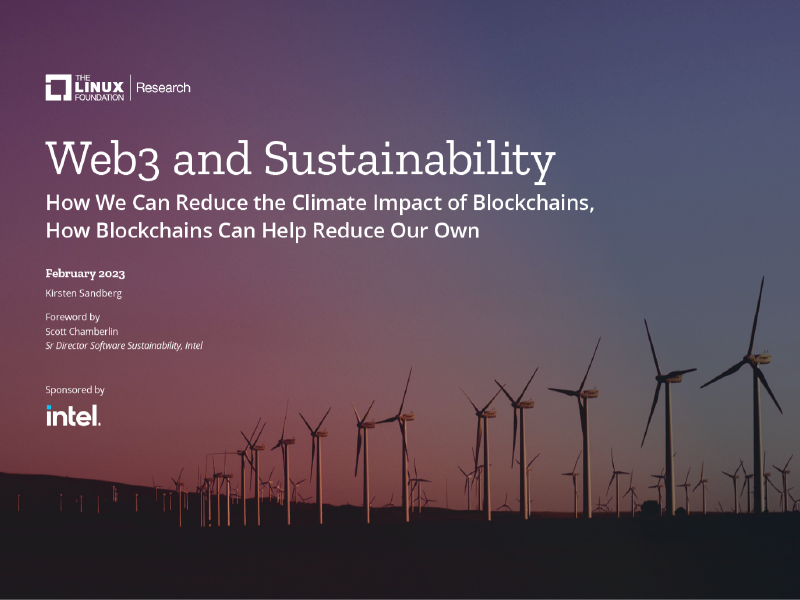
iOS clean charging is here (in some places) but not everyone’s loving it

ESG fight in US heats up - even as the actual legislation barely changes
This is a weird one – who else had "ESG becoming the latest battlefield in the culture wars" on their 2023 bingo card? Only me?
On the subject, however, Adam Tooze has a maybe slightly different take on it to the usual, explained in detail in a recent episode of the Ones and Tooze podcast (which I highly reccommend btw). On ESG he argues that:
“The Republicans are not wrong to call it out as part of this struggle over the norms that govern society and the economy – that can be waged in the political sphere, can be waged in the media space, but also waged in corporate governance.”
His critique is not anti-ESG exactly, but more an honest appraisal that there are political dimensions to what the current ESG orthodoxy actually commits us to – and how it imagines that it will exert change in the world. Tooze is easily one of the best and deepest thinkers of global politics and economics and the impacts it has on our efforts to address climate change.
It's really compelling stuff. Honestly, a must-listen for anyone who wants to get to grips with this.
And look – you couldn't really ask for a better an example of the importance of taking such a broad view, of seeing the full dimensions of the challenge we're facing, and understanding not just the technics but the politics as well than this next piece. Check out this one in the Stanford Social Innovation review, which aims right at the heart of market-based climate and ESG strategy and carbon offsetting programs in particular:
Although offset programs claim to offer carbon-sequestration benefits that contribute to a carbon-neutral economy, the governments and corporations that reap the financial and reputational benefits of these programs often show no inclination to halt their extractive practices. In particular, governments’ expansion of mining activities and oil extraction—key drivers of climate change, deforestation, and Indigenous-rights violations—generate larger adverse impacts on the environment and Indigenous communities than offset programs can tackle. These contradictory activities demonstrate a lack of political commitment to addressing structural issues at the core of climate change.
Canada adds new financial guidelines for banks around managing climate risks
/cloudfront-us-east-2.images.arcpublishing.com/reuters/KN2EMIQYTZP5FNDFZTB5VWQDKA.jpg)
Great piece about the three dynamics of the modern energy transition
It's a story about the politics of farming, cars, and the blending of ethanol (from corn) into fuels:
By the mid 2010s, almost half of all US corn crop was turned into ethanol. So began the search for a cheaper oil for food. The resulting explosion in palm oil production included a plantation boom in the rainforests of Indonesia, which required the slashing and burning of rainforests, and unstoppable peat fires. The 2015 Indonesian fires produced over a billion tons of CO2 and rank among the worst environmental catastrophes of the twenty-first century.

Tesla fleet to get bi-directional charging by 2025
House batteries with wheels on them – literally a game changer and potential super-enabler of a more distributed, responsive energy system.
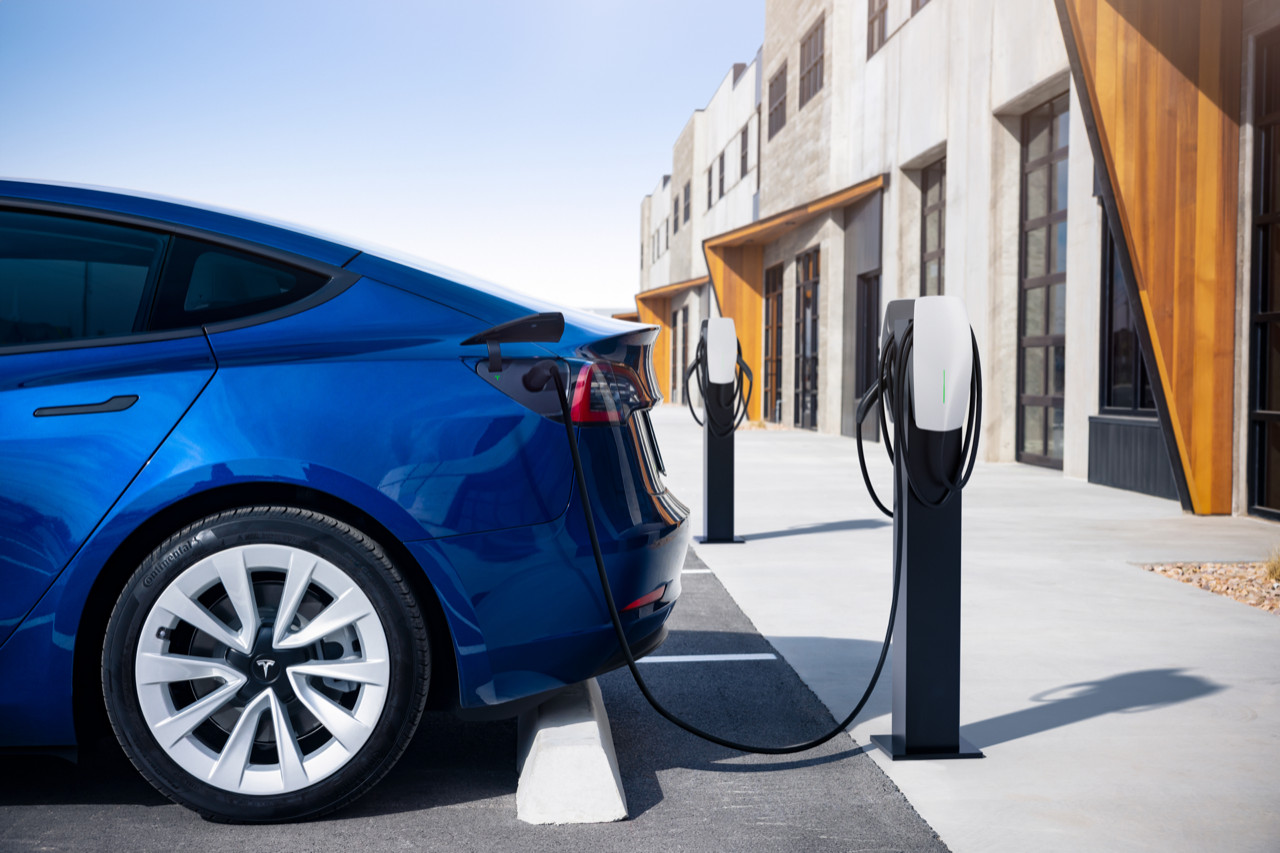
How the Dutch moved away from cars
Long way off though for most cities, but there's just so many benefits.
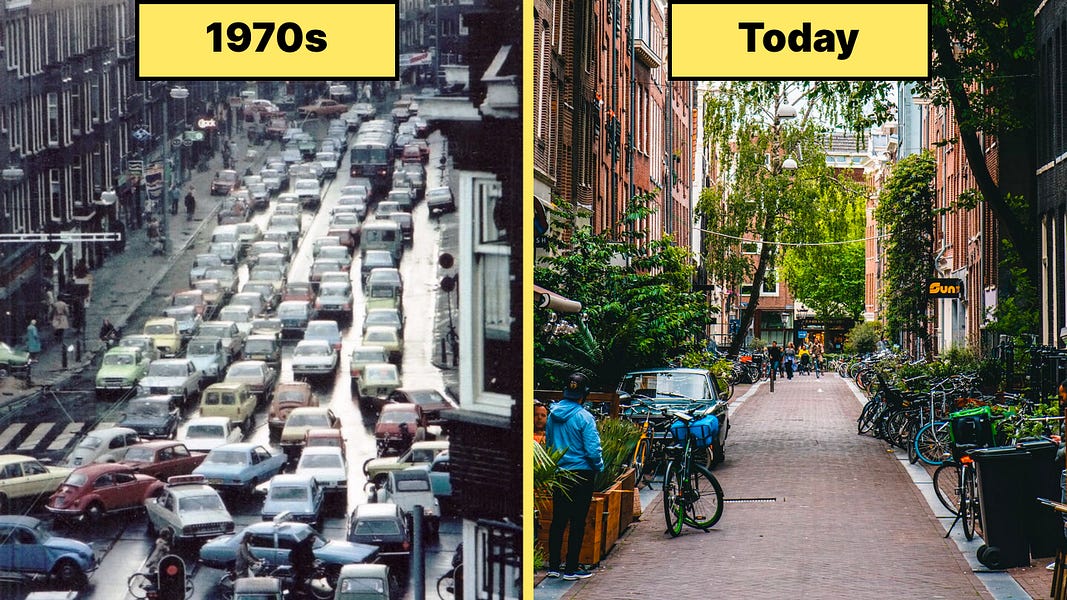
DRC conflict driven by mineral resources
I watched this short VICE documentary on the latest rebellion in the Democratic Republic of Congo, and was struck by just how much of a drivers control of resources was. People's literal motivations for joining up to fight against rebels was literally about mineral resources.
Which also made me think of that classic Michael Parenti clip: "The third world is not poor. You don't got to poor countries to make money."
Thanks for reading Greening the Games Industry. Don't forget we'll be at GDC next week - if you're around, do say hi.










